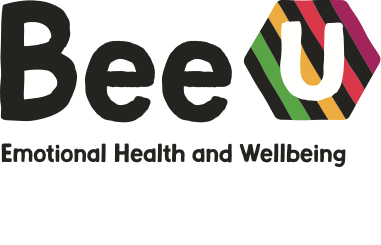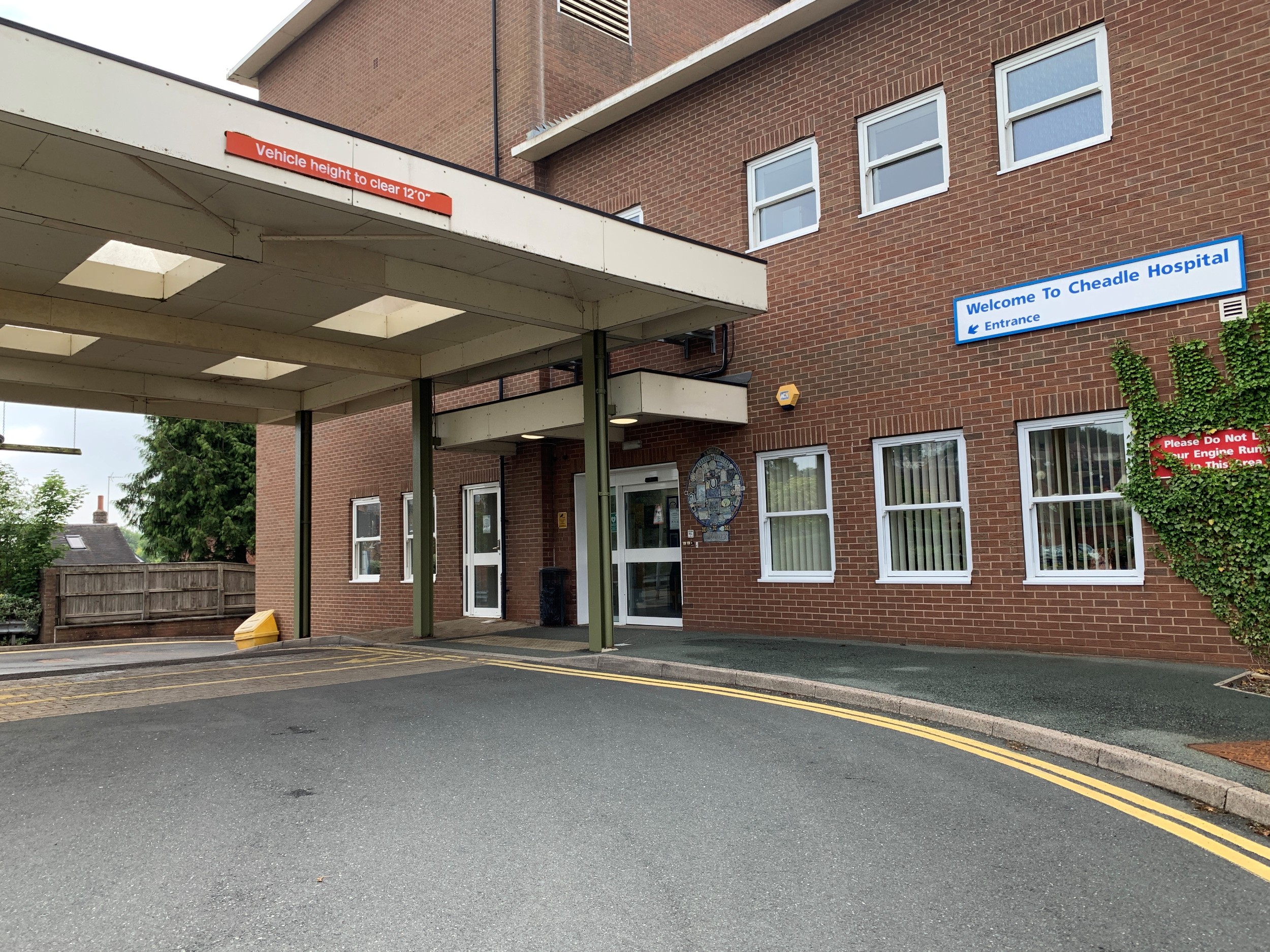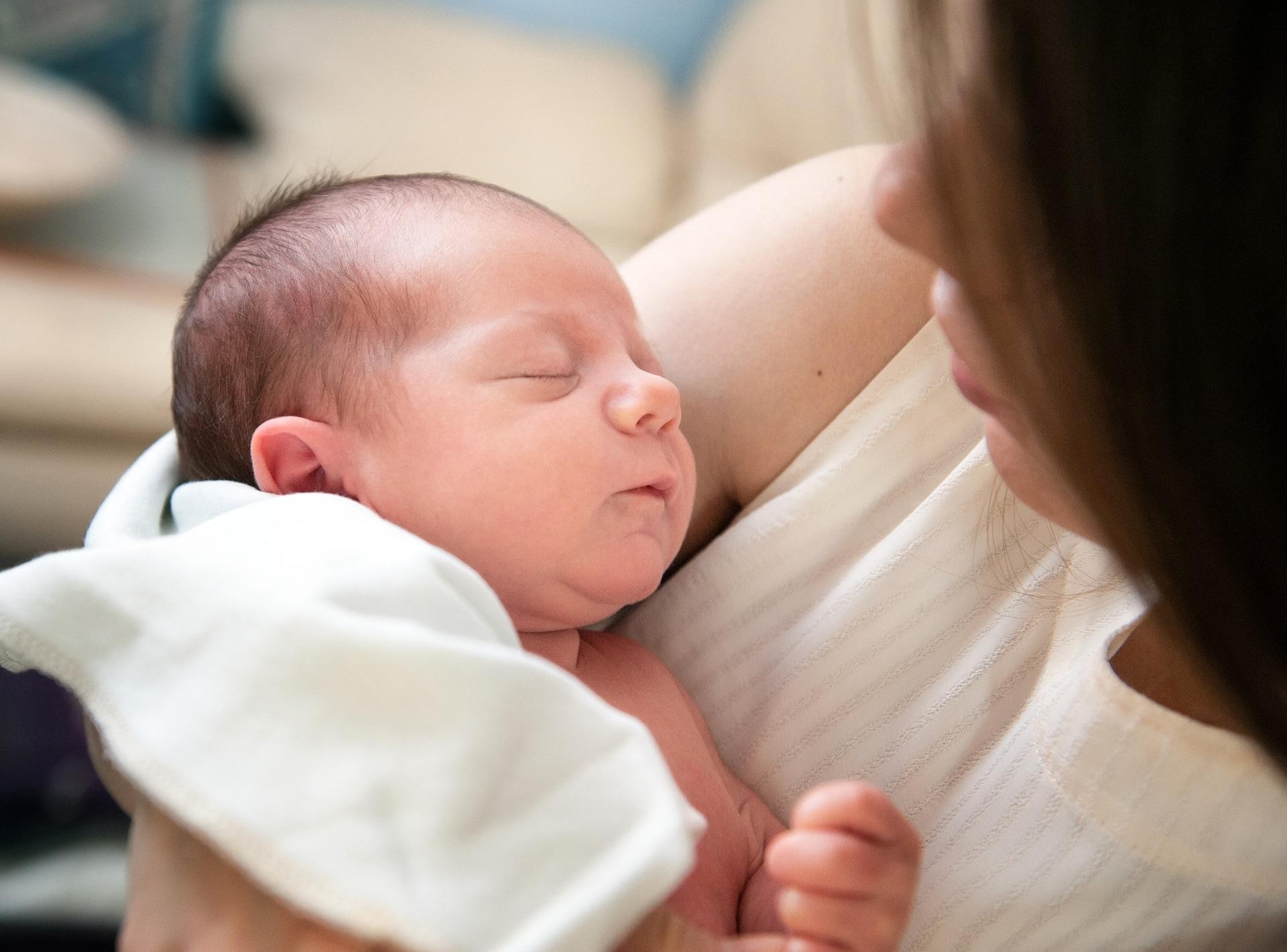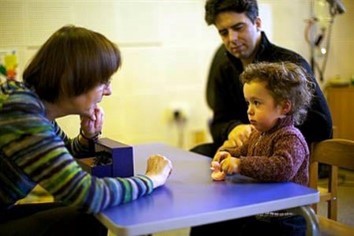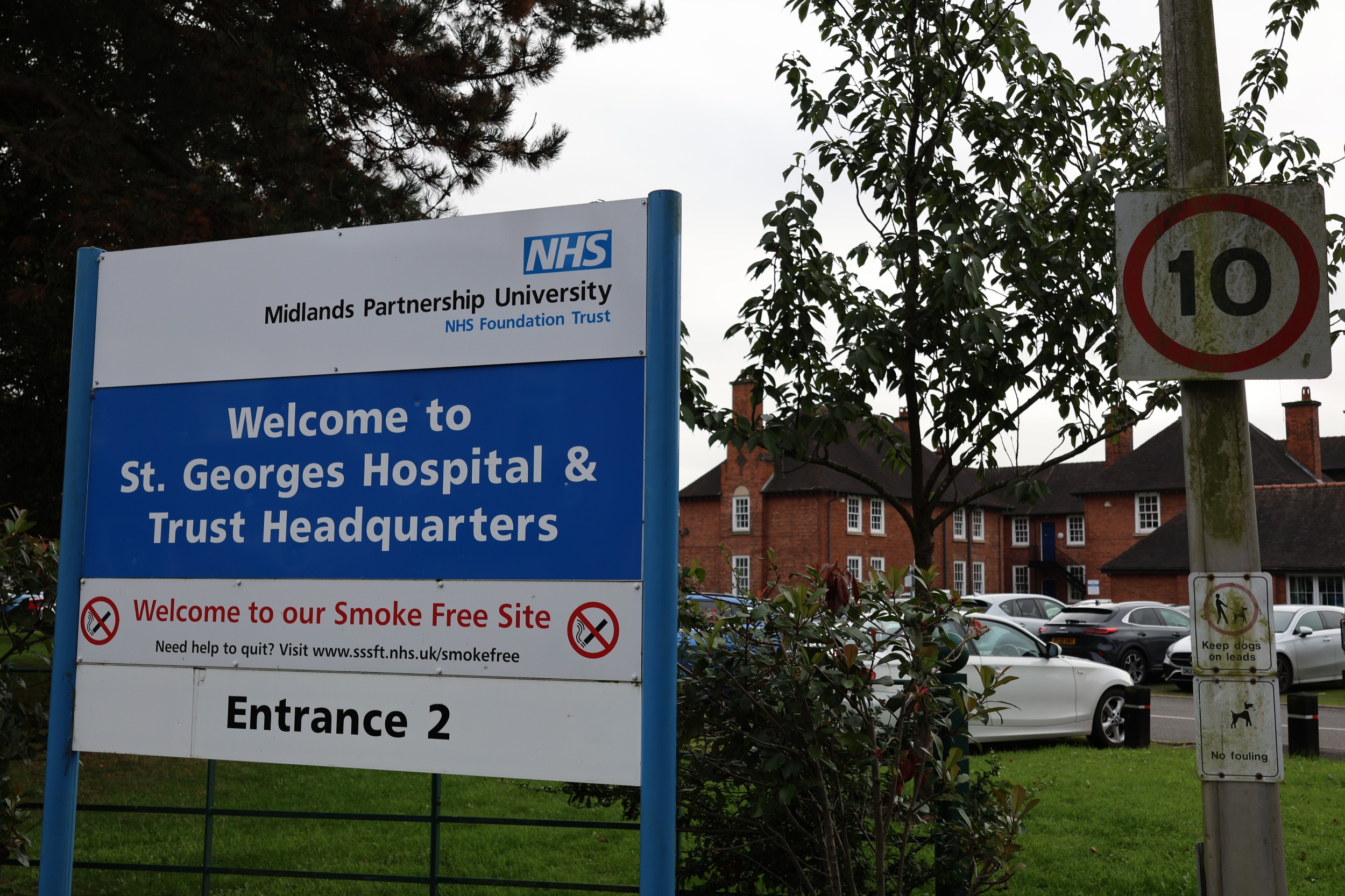CAMHS is a support service for young people. It offers support for and advice on a wide range of emotional difficulties that young people may experience. There are many people that work within CAMHS, such as nurses, doctors, therapists, youth workers and very friendly reception staff.
There are people who you see at the moment who you can talk to, such as teachers, GP, school nurses or counsellors. They may suggest a referral to other services. Ask them about whether CAMHS is right for you. If it isn’t, they may suggest a different service that can help you.
Our Service User and Carer Charter states that we expect you as a service user or carer to show respect to everyone with whom you interact. In line with NHS policy, the Trust has a zero-tolerance approach to aggression, abuse, violence, hate crimes or incidents of anti-social behaviour towards our staff. Thank you for working with us to make work a safe place for our staff.
Information that you share with staff is confidential and will only be shared with others looking after you.
However, there are limits to confidentiality. Staff have a duty to ensure that children and young people are safe and they will need to share information if they think a child/young person may be at risk. In some circumstances staff may need to discuss a child / young person’s welfare with specialist staff within the organisation and with other agencies.
Wherever possible, they will discuss with you first, the information they intend to share.
